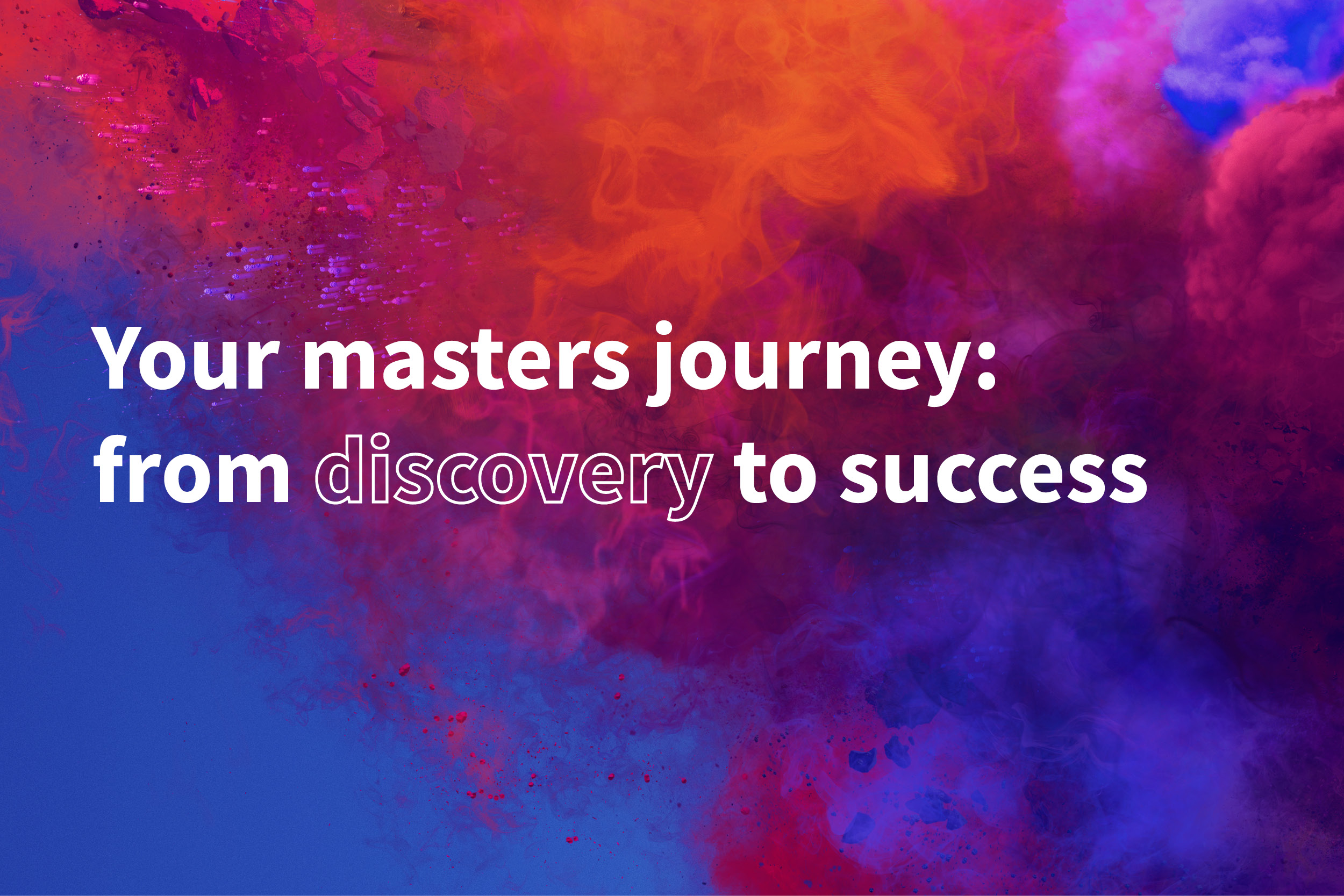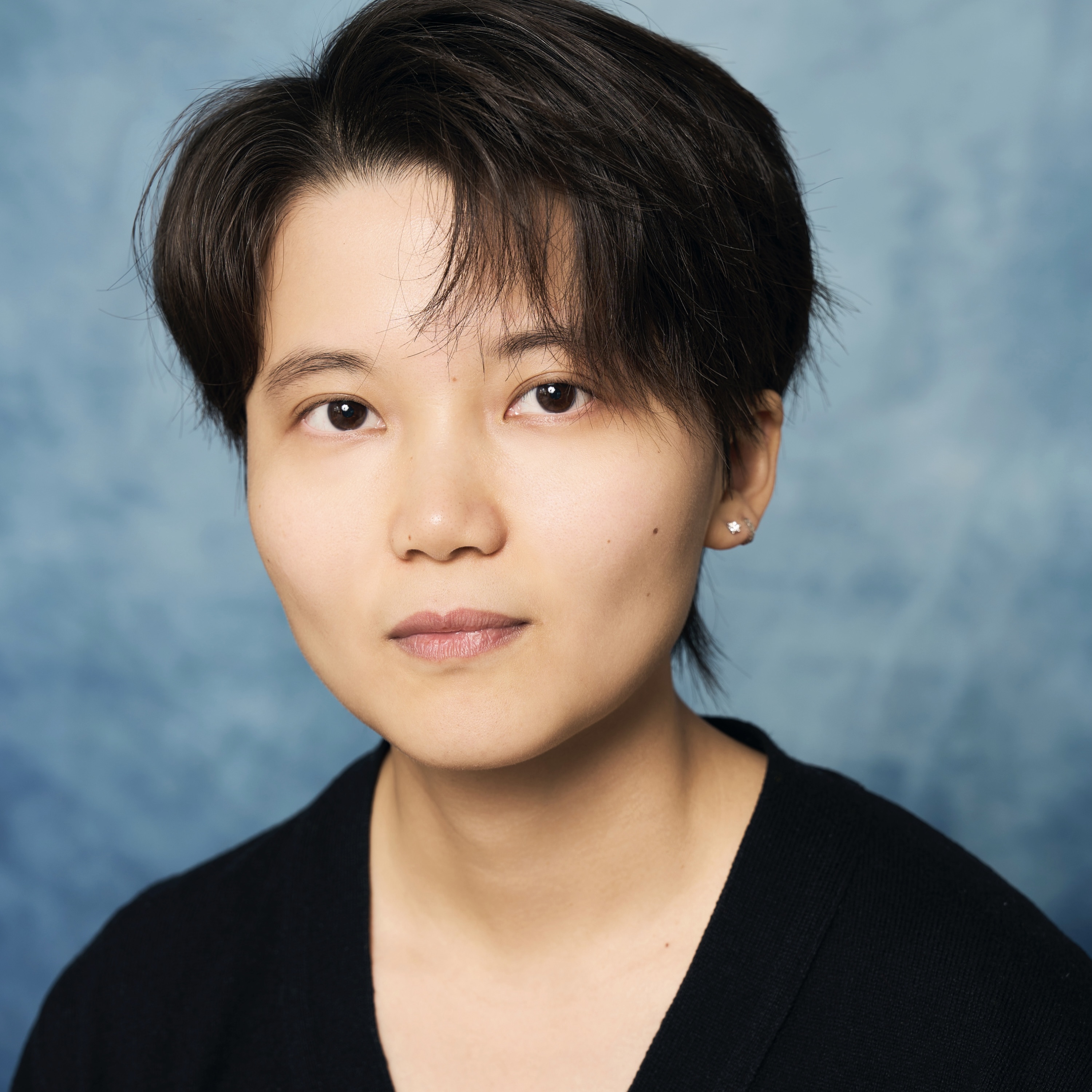Study options
- Starting in
- September 2025
- Location
- Fees
- Home: £12,250
Overseas: £25,500
EU/EEA/Swiss students
What you'll study
Through this programme, you will develop a critical understanding of digital media in a global context, exploring how digital technologies shape cultures, identities, and societies. You will gain interdisciplinary research and analytical skills to examine digital platforms and media practices using qualitative and quantitative methods.
Advanced digital literacy and communication skills will enable you to articulate complex ideas effectively across academic and professional settings. You will also engage with key ethical debates on privacy, surveillance, and digital inequalities, fostering a global awareness of the sociopolitical impact of digital media.
Finally, the programme supports independent research and professional development, equipping you for careers in media, communications, global policy, or further academic study.
Structure
You'll be taught in four assessed modules including three compulsory modules and one elective. You will complete a dissertation in conclusion of your studies.
Compulsory/Core modules
The MA Dissertation gives students the opportunity to pursue an independently conceived research project. Students will identify their specific research field and topic, and, working with the support of individual supervisors, explore the relevant literature to date, develop their own approach and conduct their independent research. They will produce a substantial piece of academic writing (ca 12.000 words). Students are encouraged to think carefully about their choice of dissertation topic and to discuss this with teachers on the MA and other members of academic staff. Formal project supervision typically begins in May for full-time students, and the submission deadline is usually in August.
This module offers an introduction to key trajectories of digital social research and practical training in methodological approaches relevant to the evolving field of digital media and culture. Students will acquire the digital tools and skills necessary to navigate the complexities of digital media research, leading to the development of a research design upon completing this course. This module foregrounds critical debates around digital ethics to foster ethical and responsible problem-solving and decision-making in and beyond academic contexts.
This module examines the dynamics of global digital audiences and the rise of participatory culture in the digital age. Students will explore how media consumers have become active participants in content creation and engagement, while also analyzing the impact of digital platforms on cross-cultural communication, fandom, and social movements. Key topics include media convergence, platform politics, digital labor, and the ethical implications of participation. The module provides critical insights into the evolving relationship between media, technology, and global audiences.
This module explores key theoretical frameworks and critical concepts related to digital media and culture. Students will examine how digital technologies influence identity, power, and social structures, while investigating topics such as platform economies, datafication, surveillance, and debates on the extraction of Big Data and AI. Through interdisciplinary approaches, the module equips students with analytical tools to critically engage with the cultural, political, and ethical implications of digital media in a globalized, networked society.
Elective modules
This module explores topical issues revolved around the digital self, personalisation and social media. It encourages critical perspectives on how digital technologies shape our sense of self and societies through various forms of digital engagements from selfie, self-tracking to online dating. By situating these practices within specific cultural, socioeconomic, political and technological contexts, students will develop nuanced understandings of theoretical debates surrounding the promises and pitfalls of social media and digital technologies.
In response to the frequent conception of the internet as an Anglophone arena, this module explores contemporary digital and visual cultural productions made by Latin American or Latinx artists. These works are united by their explorations of the experiences of individuals living or labouring in precarious or violent circumstances, including women, migrants, and domestic and cleaning workers. Students will analyse the use of different types of media online, and the opportunities the internet provides to combine art and social activism.
This module crosses the East-West divides of the Cold War era to offer an interdisciplinary exploration of the major approaches to the question of technology and its aesthetic dimensions. Case studies and visual analyses will include discussions of the human, the post-human and the cyborg across the Cold War frontiers, the utopian urbanism and science fiction in the Soviet Union, the debate over NASA's first satellite image of the Earth, the involvement of the British cyberneticist Stafford Beer in the Chilean project Cybersyn, Qian Xuesen¿s project of engineering cybernetics in the Cold War environment and the first AI systems in the USSR and the US. In covering these diverse materials, the module fosters visual fluency and cultural competence in assessing the continuing impact of Cold War dynamics on contemporary technological narratives.
Assessment
- 67% Modules
- 33% Dissertation
Depending on your chosen modules and learning approach, assessment may take various forms, including presentations, essays, project plans, creative projects, portfolios of documentation, and a final dissertation.
Dissertation
You will be assessed on a dissertation in semester three.
Teaching
This MA is taught through a combination of in-person seminars, small-group workshops, digital methods training, field trips, and independent study. Designed to develop both academic and practical skills, the programme emphasises critical thinking, communication, and research, while also fostering teamwork and problem-solving. Expert staff from across the School of the Arts will support your learning and supervise your final dissertation. You’ll also have access to drop-in sessions for academic guidance, and all modules will make full use of our virtual learning environment for key resources and materials.
Where you'll learn
Facilities
- Our new Graduate Centre: purpose-built study spaces and a roof-top common room with a terrace
- You'll have access to our well-equipped, industry standard production and rehearsal spaces including the Film and Drama Studio, edit and production suites and the BLOC arts research facility
- Access to Queen Mary's comprehensive libraries, including the Postgraduate Reading Room
Campus
London is a dynamic hub for digital media, offering unparalleled access to industry connections, cutting-edge resources, and major events such as FutureFest and London Tech Week. The city provides an ideal environment for MA Digital Media and Global Cultures students to engage with the latest developments in the field.
We actively build partnerships with leading organisations to enhance student opportunities, including collaborations with the Alan Turing Institute, Tech London Advocates, and the British Interactive Media Association (BIMA). These connections provide valuable networking events, industry insights, and potential placement opportunities.
With a strong focus on digital literacy, research, and cross-cultural communication, this MA equips graduates with the skills to thrive in media, marketing, policy, and global organisations. London’s vibrant digital landscape further enhances career prospects, preparing students for success in an evolving digital economy.
About the School
School of the Arts
The School of the Arts combines innovation, discovery and excellence in education and research in Drama, Film, Modern Languages, English & Comparative Literature, Creative Writing, Linguistics and Liberal Arts. We rank in the top 100 worldwide for Arts and Humanities (QS World University Rankings by Subject 2024)
With our commitment to social justice, inclusivity and social mobility, our collaborations with external organisations, prominent writers and performers, and our facilities that support both academic and practice-based learning, an education in the School of the Arts equips our students with critical thinking and practical skills, unleashes their imagination and enables them to reach the levels of excellence needed in today’s industries.
We regularly host prominent writers and performers and collaborate with leading organisations such as the V&A, the Barbican, the Live Art Development Agency and Shakespeare’s Globe.
We are renowned for the depth and impact of research - which leads our teaching. We rank 1st for drama and in the top 10 for film in the UK for the quality of our research (REF2021). Our multilingual community brings together brilliant minds from across the world to share a wealth of expertise combining research excellence with an unrivalled commitment to social justice and social mobility.
Career paths
Graduates are well-equipped for careers in media, marketing, research, and policymaking. The programme develops critical thinking, analytical, and cross-cultural communication skills, preparing students for roles in international business, media, and diplomacy.
With expertise in digital literacy, media strategy, and research methods, graduates can pursue opportunities in digital content management, project management, and policy development. A strong focus on ethics and global perspectives also makes them well-suited for roles in NGOs, corporate social responsibility, and international organisations, ensuring they are adaptable to the evolving digital economy.
Fees and funding
Full-time study
September 2025 | 1 year
- Home: £12,250
- Overseas: £25,500
EU/EEA/Swiss students
Unconditional deposit
Home: Not applicable
Overseas: £2000
Information about deposits
Queen Mary alumni can get a £1000, 10% or 20% discount on their fees depending on the programme of study. Find out more about the Alumni Loyalty Award
Funding
There are a number of ways you can fund your postgraduate degree.
- Scholarships and bursaries
- Postgraduate loans (UK students)
- Country-specific scholarships for international students
Our Advice and Counselling service offers specialist support on financial issues, which you can access as soon as you apply for a place at Queen Mary. Before you apply, you can access our funding guides and advice on managing your money:
Entry requirements
UK
Degree requirements
A 2:1 or above at undergraduate level in any subject
Find out more about how to apply for our postgraduate taught courses.
International
English language requirements
The English language requirements for our programmes are indicated by English bands, and therefore the specific test and score acceptable is based on the band assigned to the academic department within which your chosen course of study is administered. Note that for some academic departments there are programmes with non-standard English language requirements.
The English Language requirements for entry to postgraduate taught and research programmes in the School of the Arts fall within the following English band:
Band 5: IELTS (Academic) minimum score 7.0 overall with 6.0 in each of Writing, Listening, Reading and Speaking
We accept a range of English tests and qualifications categorised in our English bands for you to demonstrate your level of English Language proficiency. See all accepted English tests that we deem equivalent to these IELTS scores.
Visas and immigration
Find out how to apply for a student visa.



